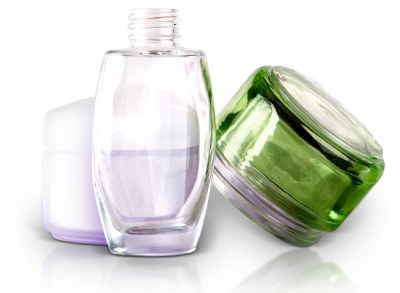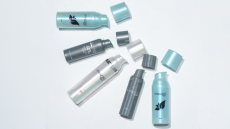New metabolic pathway to provide more ecological packaging for the industry
Propylene is mainly used to manufacture polypropylene plastics for cosmetic packaging, and is said to be the second largest petrochemical by volume, currently representing a market of $93 billion.
According to GB, there is currently no known natural pathways that obtain propylene in microorganisms, and that this new process looks at the direct bio-production of propylene based on enzymatic reactions and novel metabolic intermediates.
"Designing such an artificial metabolic pathway and experimentally identifying an enzyme candidate for each of the segments represents one of the main scientific and technological challenges in industrial biology," explains Philippe Marlière, president of Global Bioenergies' Scientific Advisory Board.
Beneficial for the cosmetics industry
Furthermore, Thomas Buhl, Head of Business Development at Global Bioenergies told CosmeticsDesign.com USA that this new pathway will allow the cosmetics industry “to propose more ecological packaging with the same material as of today, meaning that all the existing processing chain (which had required a huge investment to be installed) can continue to be used and all specifications for the property of the material, defined and refined over decades, can be met.”
Several patent applications are said to have been filed for which Global Bioenergies holds exclusive rights and the company is planning to out-license its technology to producers from all over the world.
"Engineering more active enzymes and implementing these into microbial strains will occur over the next years and should lead to a process prototype, which will remain to be industrialized," Buhl explains.
While CEO Marc Delcourt further adds that the company expects to partner with major industrialists to develop a propylene bioprocess based on their present metabolic assets.
According to Buhl, there is only one other company in the world today offering bio-propylene, and they are “producing the bio-propylene through a very indirect and multi-step process, which is hence quite inefficient and costly.”
The move towards bio-based...
Bio-based packaging is increasingly being used as a replacement for petroleum-based plastics, and demand is being driven by anti-pollution legislation and environmentally conscious consumers.
Californian-based company Cereplast recently claimed its biopropylene resin as an industry first in replacing traditional polypropylene in a vast majority of applications.
'Cereplast Hybrid Resins' is said to be between 50 and 70 percent of the traditional petroleum content of plastic resins to have been replaced with bio-based materials. In addition to lower fossil fuel content, the resins are said to be produced at lower temperatures, thereby further decreasing their environmental impact.
The range provides an 'opportunity for companies across the plastic supply chain to become more environmentally sustainable and reduce the industry's reliance on oil' said the then CEO, Frederic Scheer.











